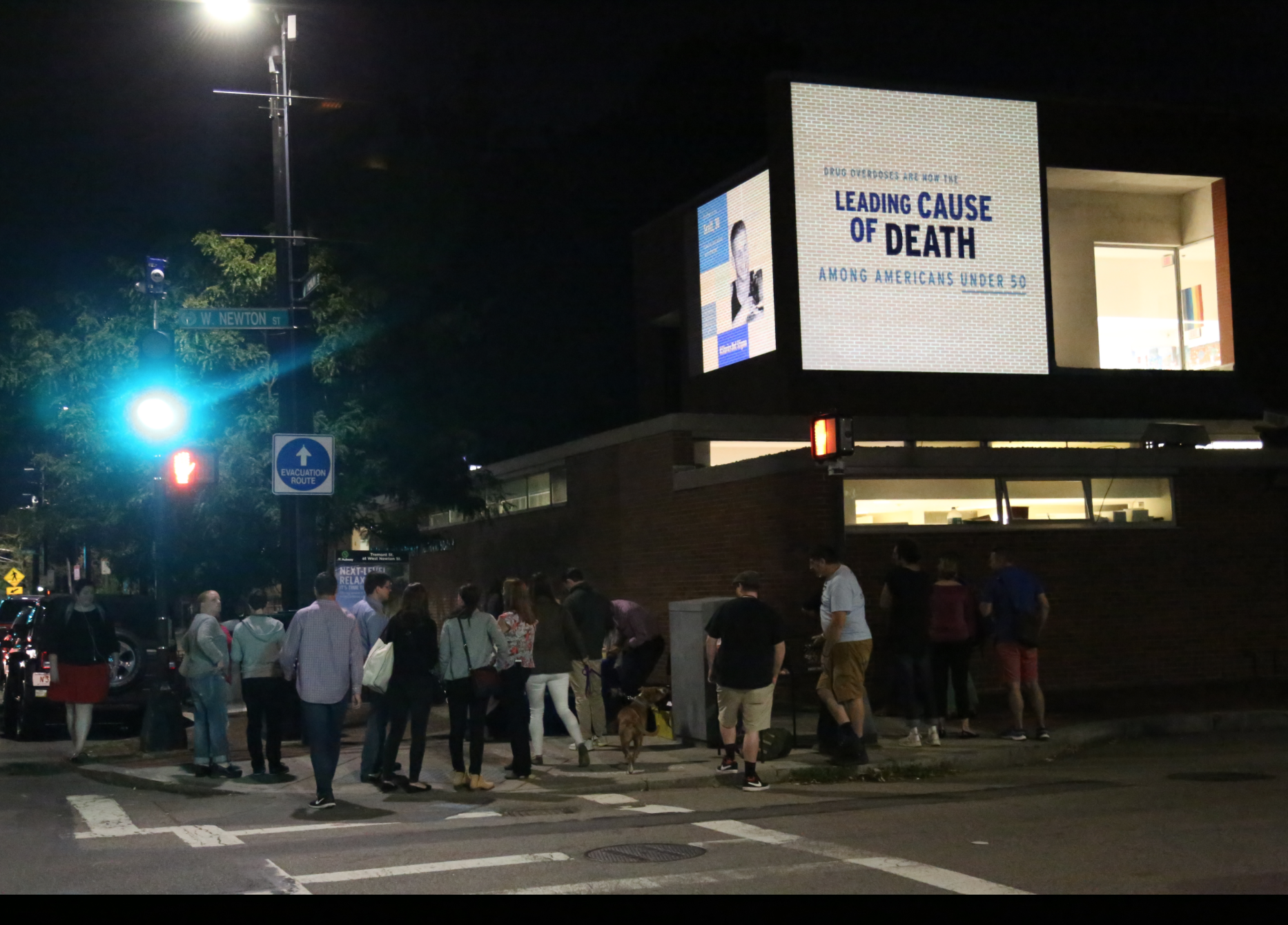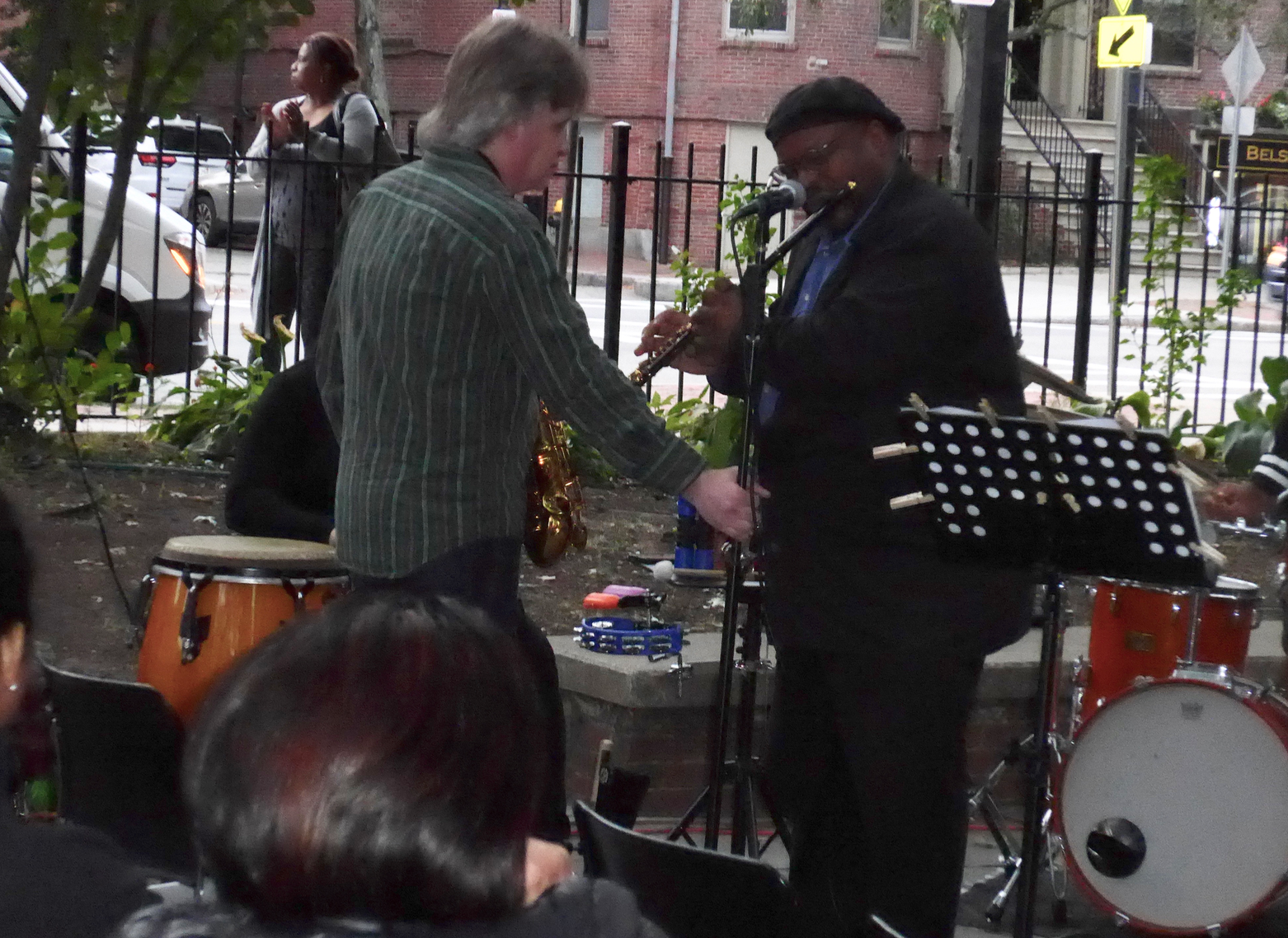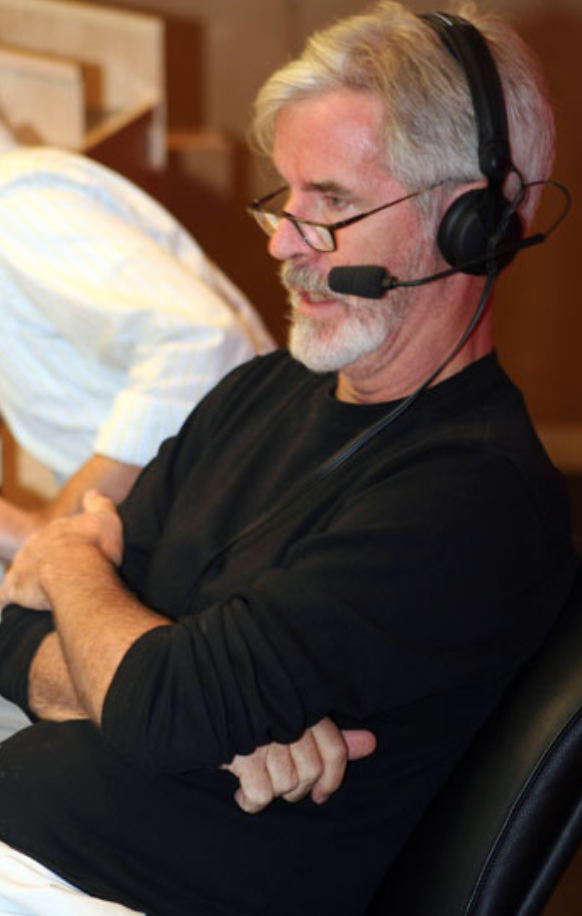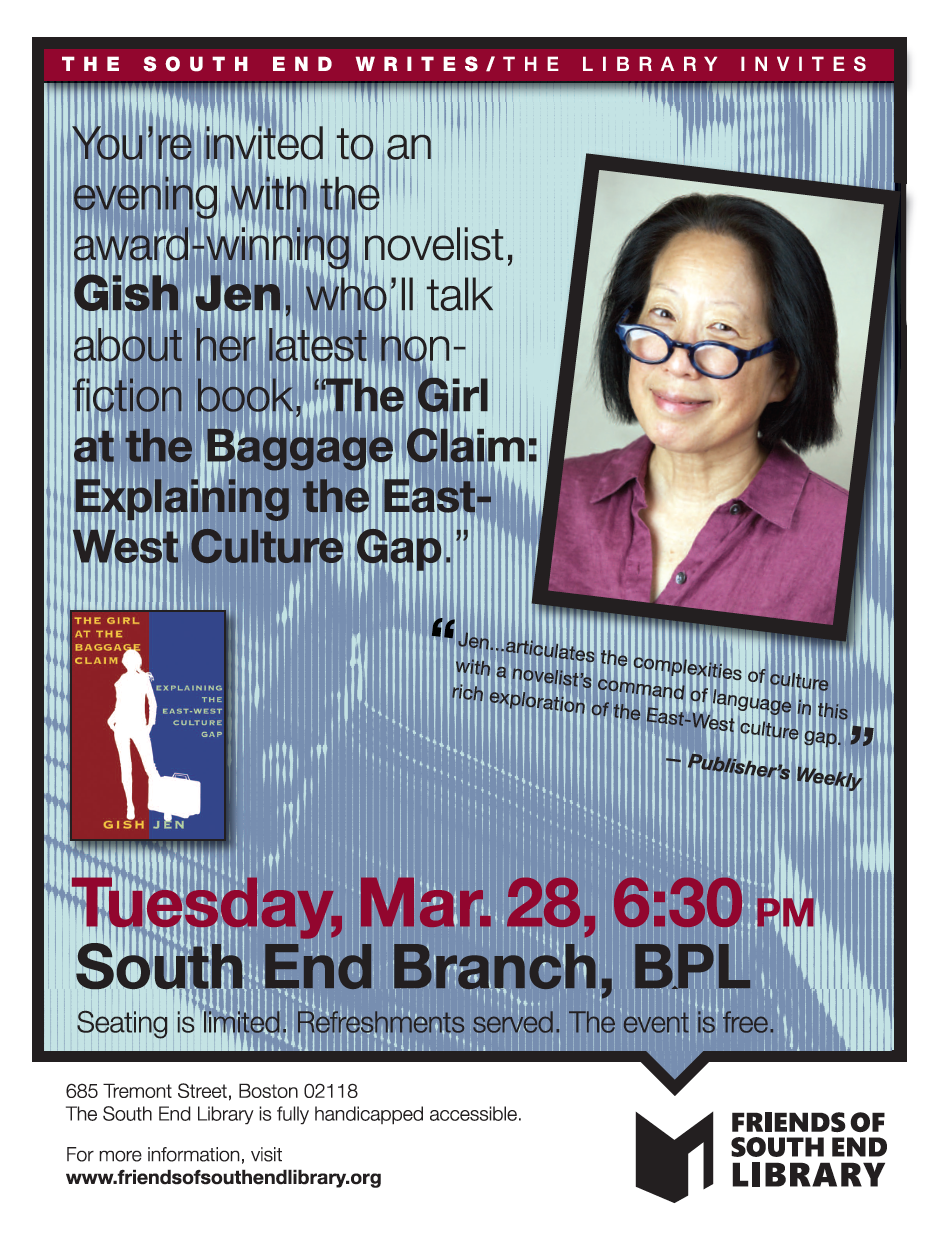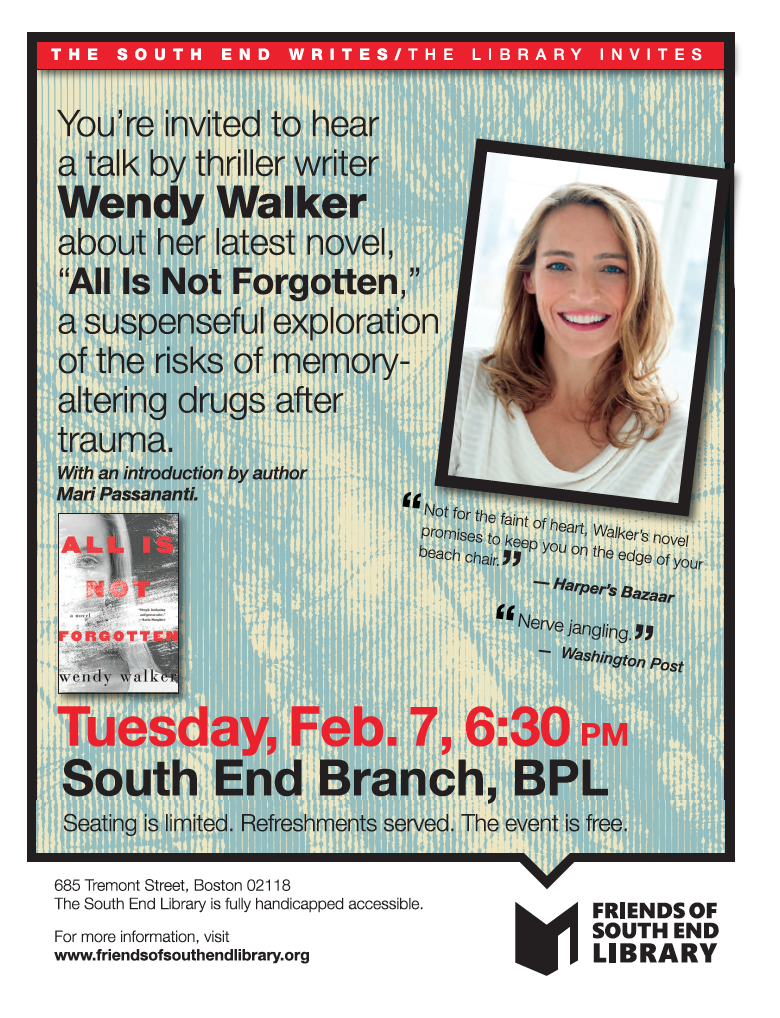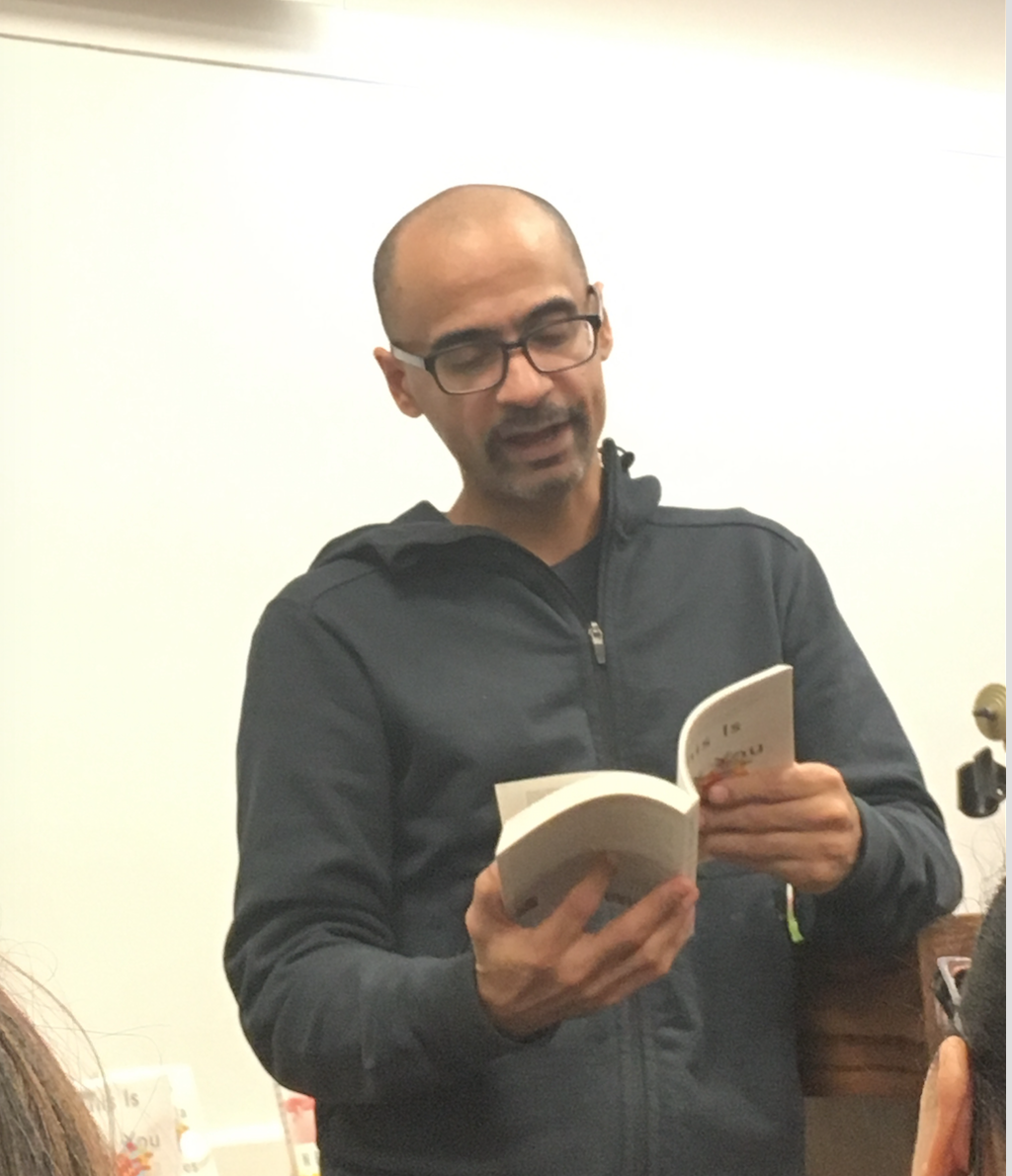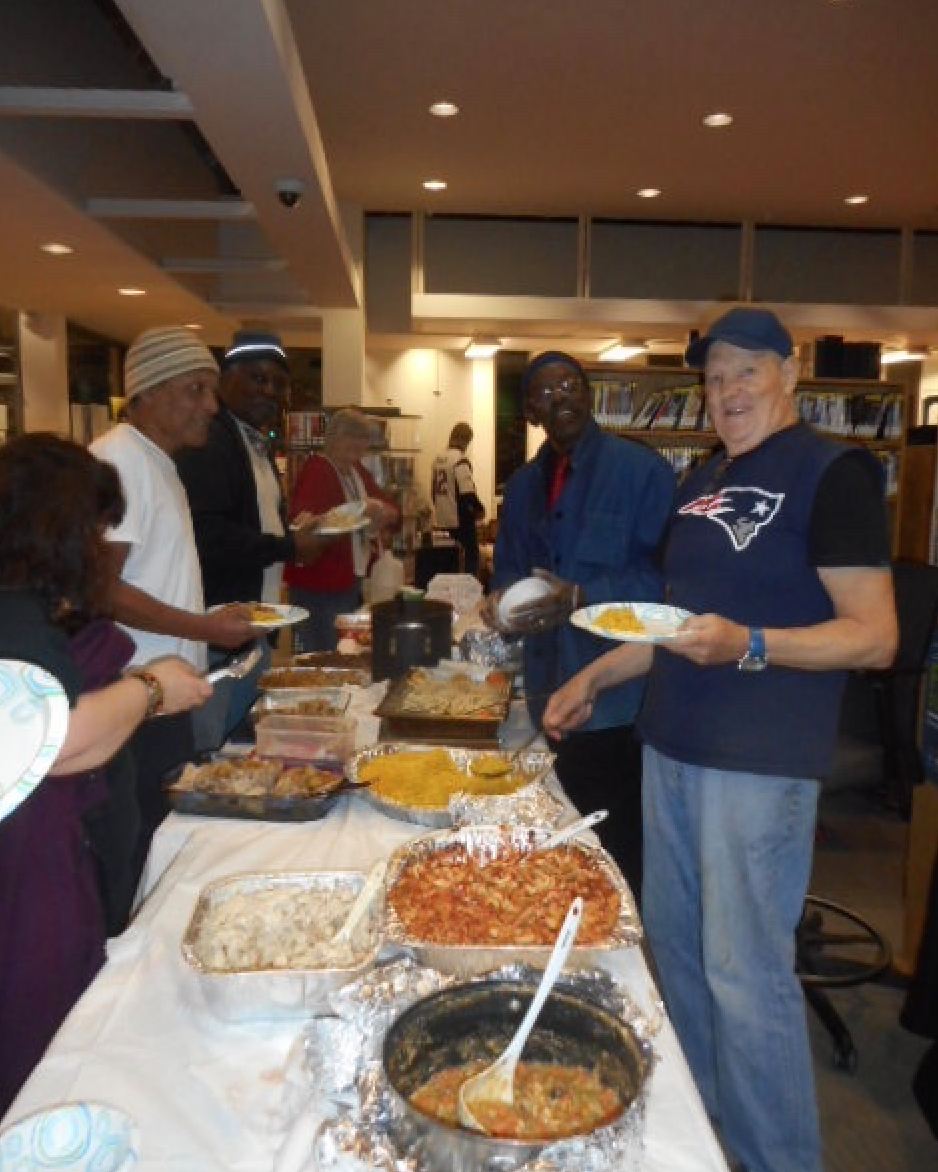Claudia Gold, the author The Silenced Child, told an engaged audience at the South End library in mid-October that over the years she became increasingly concerned about the number of parents visiting her pediatric practice with a 15- or 18-month-old child who had been diagnosed with bi-polar disorder. It would be an unusual diagnosis at that age. But it fit with her other observation that parents seemed very anxious about something not being right with their children. Gold's stellar medical training at the University of Chicago and Albert Einstein and Montefiore in New York prepared her well for critical care of children and unusual childhood diseases, but she found herself frustrated in a medical practice where so many of her interactions turned out to be with parents who wanted to know whether their children were normal.
They asked whether they were doing the right thing, at the right time, but were overcome by fear and anxiety when their children behaved badly or were uncommunicative. "I found myself living in two worlds," Gold said, "one of developmental science; the other in which parents ask for help in a general pediatric sense, expecting me to tell them what to do, but I was not telling them to listen to their child." She realized that the time and space necessary for listening to young children was falling by the wayside in the fast-paced lives of too many families. Worse, she said, this critically important interaction in the child's development was increasingly being replaced by medical disorder diagnoses and labeling, followed by treatment with medication, behavior management of the child, and parent education to comply with time-shortened medical advice. "The trouble with the disorder diagnosis is that children often fulfill their labels," she remarked. "Moreover, our healthcare system requires a diagnosis to get reimbursed," she added, describing as weighted toward the use of medication, 15-minute doctor visits and, in general, profits.
Bessel van der Kolk, psychiatrist and Medical Director of the Boston Trauma Center, and Ed Tronick, Distinguished Professor Director of the Child Development Unit at UMass,Boston, chatting at the South End Writes event
Gold was introduced for her talk by South End resident Ed Tronick, Distinguished Professor of Psychology at UMass where he directs the UMass Boston Infant-Parent Mental Health Post-Graduate Certificate Program and the acclaimed Child Development Unit. After leaving her earlier practice, Gold was one of his first fellows, Tronick said. Having re-directed her career after this and other fellowships in the field of infant mental health, Gold joined a different medical practice to focus on behavioral pediatrics where, among other changes, she increased her time with patients to one hour from 15 minutes. Now the author of three books written for parents on early-childhood development, Keeping Your Child in Mind (2013), The Silenced Child (2016), and The Developmental Science of Early Childhood (2017), she works with parents on developing skills to use time and space to listen to their children. "Having that whole hour has a feel to it that even half an hour does not," she commented.
Caudia Gold, signing books, and South End resident and retired pediatrician, Ben Siegel
Answering questions from the audience, Gold agreed her approach, which includes looking at children's behavior as a form of communication, is also helpful for autistic children, particularly when they are young. "They have a different way of processing the world," she said,"we have to listen to them and be curious about what they express." In addition, she said, people organized around the Adverse Childhood Experience (ACE) study were using her work, especially The Silenced Child. Another audience member commented he was quite impressed by how many young parents organize groups just for parents to share information, to which Tronick added that pediatrics does not need to be part of such conversations at all. Trauma psychiatrist Bessel van der Kolk, author The Body Keeps the Score, said his observation is that young parents who had secure upbringings would join such groups but that others, who are ashamed of what happened to them in their childhood, “become silent.” A South End parent who had raised her child in Boston asked whether the contemporary design of strollers, with infants and young children facing outward into the world instead of inward to their caregivers' faces, as had been the case decades ago, was ever studied for impact on developmental health. Gold pointed to a 2009 New York Times article written about a study on that subject by a Scottish psychology researcher, Suzanne Zeedijk, which suggested some negative consequences, such as higher levels of stress and a faster heart rate among children facing outward in strollers. "She received an enormous amount of hate mail after it was published," recalled Gold, who thought it might have something to do with the enormous financial investments in current stroller design.








